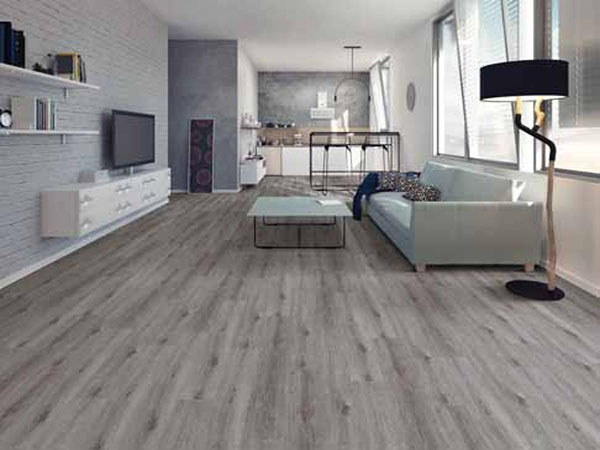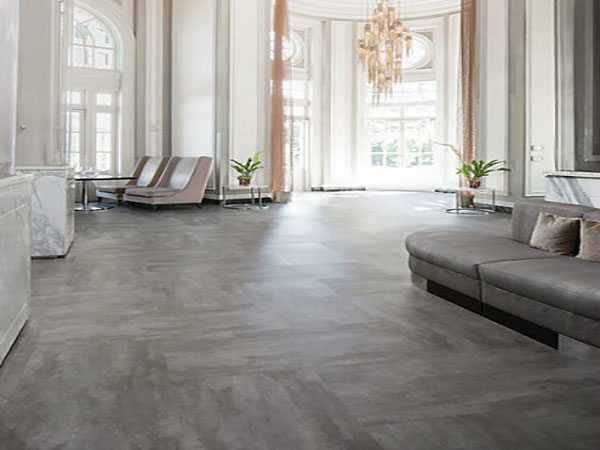

- 0086 13321818576 (Steven Lee)
- info@3c-floor.com
In the middle of the last century, Kentile was the first to introduce polyethylene floor tiles. In the past 10 years, LVT's innovation in design and performance has greatly increased the potential for such products.
In the past few decades, LVT in the US market relied heavily on imports. There are several manufacturers in China. Some companies that operate LVT cooperate with foreign manufacturers. A large number of LVT products are manufactured in Asia. Many of Asia's products are low-cost, but there are also some high-performance and design products that are comparable to Western products.

In recent years, US domestic investment in LVT has exceeded $500 million. The first powerful event was the acquisition of Amtico by Mannington in 2018. Amtico is one of the world's largest manufacturers of LVT, with factories in the UK and the US.

In the next two years, Armstrong started building an LVT plant; Shaw closed its carpet factory and switched to LVT production; Minnington expanded its Georgia plant on a large scale; and FloorFolio built a new facility in New Jersey.
Tarkeff invests in LVT production in Alabama; IVC has just built a polyethylene floor leather factory in Dalton, built an LVT plant in Belgium, and started building an LVT plant in Dalton, followed by The entire company was acquired by Mohawk. Recently, South Korean company Nox built an LVT plant in Florida. Most of these new LVT plants have started production.
Industry experts are researching and speculating about the potential impact of these new capacity on the market and how Asian producers will respond if their products are no longer acquired by big flooring companies. New capacity will be absorbed by the market's inherent growth, or Asian producers will work harder to open up markets in their vicinity.